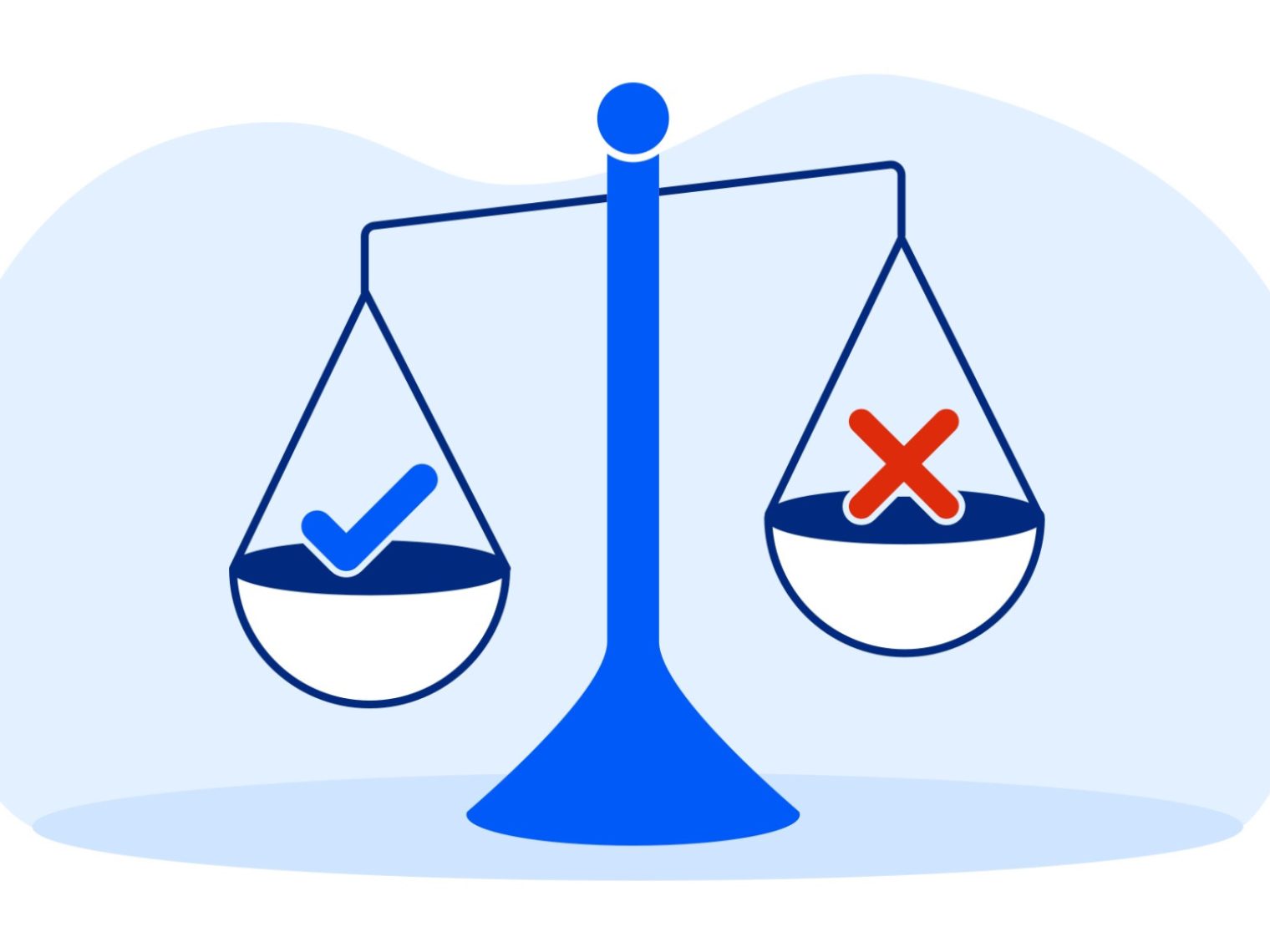Prospective homebuyers rarely think of it this way, but VA appraisals are actually a form of protection for veterans.
Instead, many see them at best as a necessity or a hassle and at worst a punitive and arbitrary step that endangers their homebuying or VA refinance plans. Those frustrations are often understandable, given the crucial role VA appraisals play in the process. But it really is important to step back and remember that the goal is to ensure veterans obtain safe and structurally sound properties that aren't financial black holes.
I know that's cold comfort when you learn your appraisal has been suspended or even denied, which does happen. That's why it's also critical for VA borrowers to understand why their appraisal might be suspended and what, if anything, they can do.
VA Appraisal Process
Independent VA appraisers assess a property to determine two things: Whether it meets the agency's Minimum Property Requirements (MPRs), and its fair market value. The VA wants veterans and military families purchasing "move-in ready" homes devoid of health, safety or sanitary issues. The MPRs cover a range of mostly high-level defects that, if discovered, must be taken care of before the loan can close.
The appraiser will also assess a value for the property based on market conditions, comparable recent home sales and other information. This part is especially crucial because the appraised value of the home has to meet or exceed the overall loan amount. So if you agree to purchase a home for $175,000 but the home is only worth $150,000, the lender isn't going to give you an extra $25,000. At that point, you would either need to renegotiate with the seller, bring cash to the table or walk away from the transaction.
Unlike on conventional and other loan types, the VA appraiser doesn't automatically dictate the final appraised value of the property. Most VA-approved lenders have Staff Appraisal Reviewers (SARs) on the payroll, and it's their job to ensure the appraisal is viable and meets necessary requirements. The SAR weighs in and ultimately issues the Notice of Value (NOV), which is the final document declaring the property's fair market value.
Staff Appraisal Reviewers
The SAR reviews the appraisal report to make sure it meets VA requirements, industry guidelines and any other necessary criteria. Once a lender receives the appraisal, the SAR has five days to issue the Notice of Value for the property. Most appraisals make it through this period unscathed, and the lending process transitions to underwriting. But there are times when a SAR will flag and suspend an appraisal.
Some of the reasons VA appraisals might be suspended include:
- Incomplete or incorrect information on the part of the appraiser
- Zoning problems with the property
- Improvements need to be made to satisfy the Minimum Property Requirements
- The appraiser used inadequate comparable properties in the analysis
There are also some unique situations where an appraisal will be denied all together. One example is a borrower who wants to purchase a log cabin or other type of uncommon property. That loan is in serious jeopardy if the appraiser can't find comparable homes for comparison, which can be a problem depending on where you live. Properties in significant states of disrepair can also wind up being denied.
Moving Forward
Communication with your loan officer is key once the appraisal is ordered. Turnaround times vary by region, but you'll typically have it back within about 15 days, if not less. Issues with MPRs can pose a serious problem out of the gate, because borrowers can't pay for improvements and the loan can't close without them. So it's up to the seller to make the needed repairs.
VA lenders who know the VA program inside and out can help guide you through the process and navigate most bumps in the road. And, again, it's important to remember that there are no Minimum Property Requirements on conventional loans; these are buyer protections unique to VA loans. Sometimes that additional security can seem more curse than blessing.
But the appraisal process is there to make sure you get a safe and secure home that's worth the biggest investment of your life.
Related Posts
-
 VA Renovation Loans for Home ImprovementVA rehab and renovation loans are the VA's answer to an aging housing market in the United States. Here we dive into this unique loan type and the potential downsides accompanying them.
VA Renovation Loans for Home ImprovementVA rehab and renovation loans are the VA's answer to an aging housing market in the United States. Here we dive into this unique loan type and the potential downsides accompanying them. -
 Pros and Cons of VA LoansAs with any mortgage option, VA loans have pros and cons that you should be aware of before making a final decision. So let's take a closer look.
Pros and Cons of VA LoansAs with any mortgage option, VA loans have pros and cons that you should be aware of before making a final decision. So let's take a closer look.

